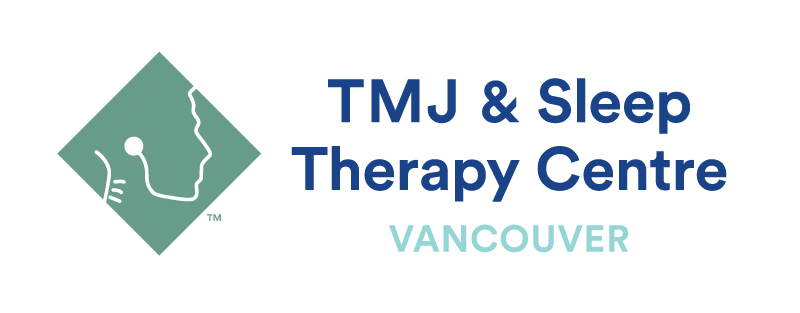by American Academy of Craniofacial Pain (AACP)
Here are a few suggestions you might follow to help if there will be a lapse of time before you can get an examination appointment:
- Ice packs are excellent in reducing pain and muscle spasm. Place ice packs over the temple area and side of the face for ten minutes, three or four times a day. Ice packs may be repeated hourly if you are in severe pain.
- Place yourself on a soft (not liquid) diet. Eat a good balanced diet consisting of foods like cooked potatoes, beans, vegetables, eggs, fish, cheese, ground meats, fruit, etc. Avoid foods such as salads, apples, tostado chips, corn on the cob, hard breads, raw vegetables, steak, etc. DO NOT CHEW GUM OR ICE! By cutting your food into smaller pieces, you can avoid a great deal of chewing thereby eliminating additional stress to your jaw joints.
- As much as possible, consciously disengage your teeth — keep them slightly apart except when chewing or swallowing. The rule to remember is “lips together, teeth apart”.
- Your sleep position is vitally important. If possible it is best to sleep on your back, perhaps with a pillow under your knees if that is more comfortable. You may want to also use pillows to support your sides. This would discourage turning over while asleep. Do not use firm, full pillows under your head. There are various orthopedic pillows available that are helpful in reducing head and neck pain. A rolled bath towel placed under your neck instead of a pillow may be preferred. If you sleep away from home, take your neck pillow (or a towel) with you. DO NOT SLEEP ON YOUR STOMACH. If you must sleep on your side, put a pillow between your knees, a pillow between your arms and keep your head pillow from pressing against your TM joint. Do not sit or sleep under ceiling fans or vents as this will aggravate sensitive muscles and joints.
- Do not sit with your chin resting on your hand. Protect your yawns by placing your fist under your lower jaw to prevent an extra wide opening. When talking on the telephone, do not support the receiver with your shoulder.
- Practice good posture. Keep your head up, chin out, shoulders squared and back straight. Support your lower back when sitting. If you must sit for long periods of time (at a desk, in a vehicle, etc.) try to stand and move around frequently in order to adjust and stretch your muscles.
Remember — these hints are not intended as a substitute for seeking professional help. While you will experience some minor relief when employing these techniques, they are not a permanent solution to the problem. Please contact us 604-566-9983 or email us info@tmj-sleep.ca as soon as possible for a comprehensive assessment.
